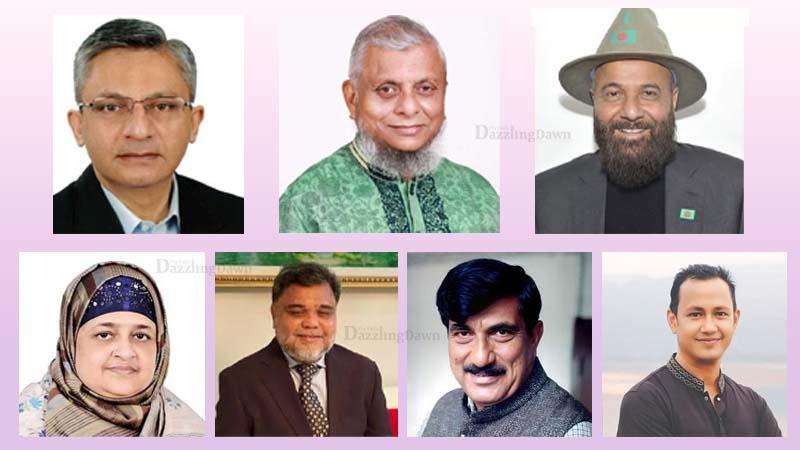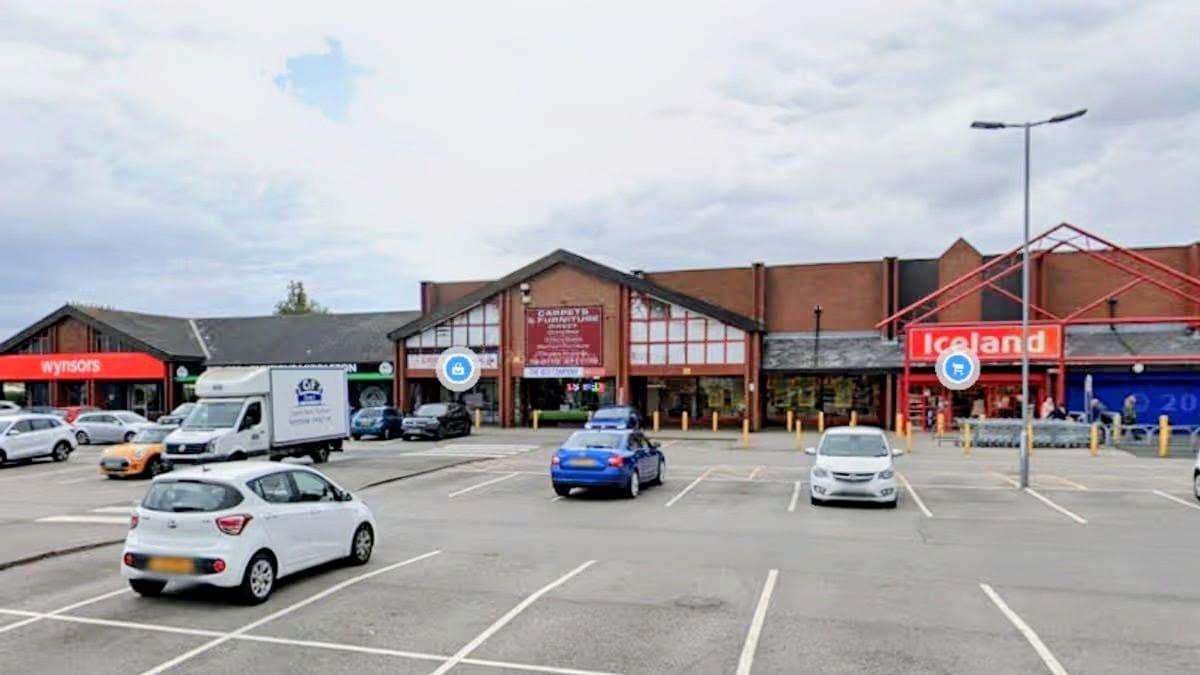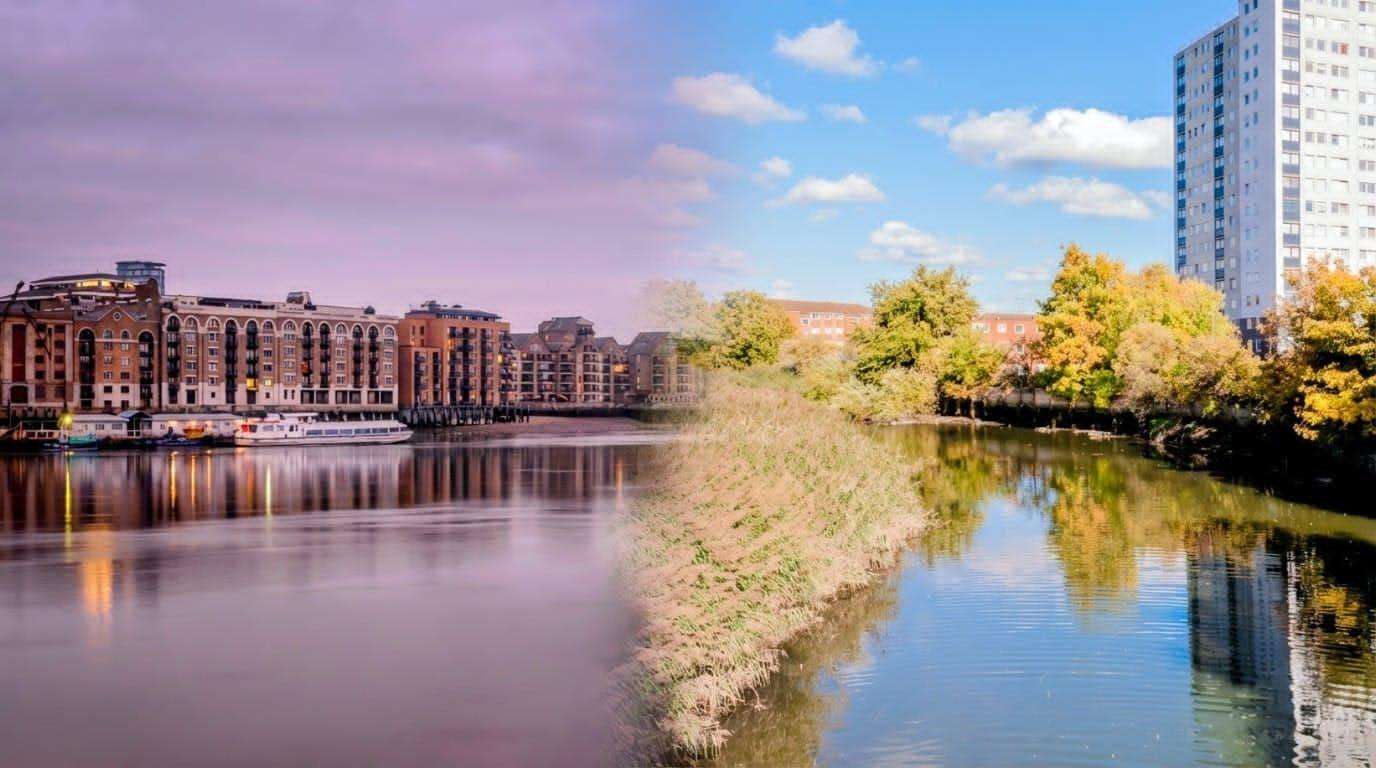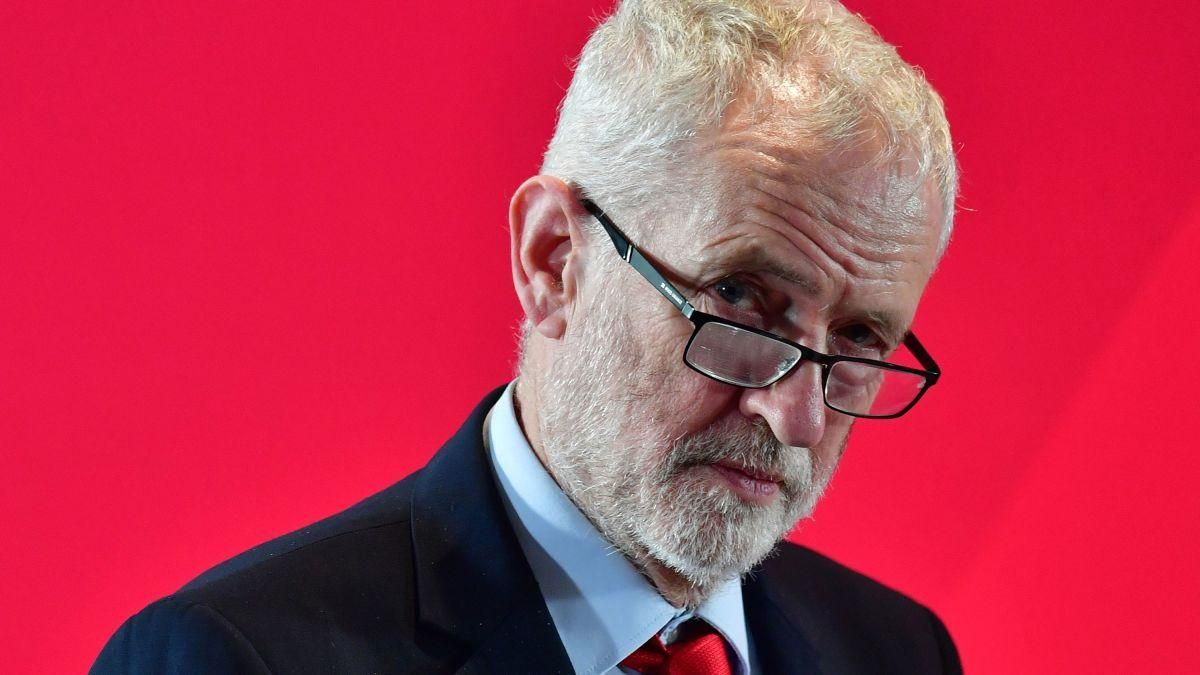Jeremy Corbyn spoke at a gathering for Collective, a new left-wing political party that was also joined by a number of past independent candidates and former general secretary of Unite.
Important members of the group expressed their expectation that the party will serve as a breeding ground for future leaders with aspirations to challenge Corbyn for left-wing leadership positions in the next general election.
Founders said that they will start creating democratic frameworks for a new party to be launched at the Sunday secret gathering, where Corbyn gave the inaugural address.
A source close to Corbyn said his attendance was not an official endorsement and that he had attended the meeting to “listen to and share a variety of views about the way forward for the left”.
Organisers said they hoped that forming a new party would be a way of garnering new support. “There will be a new left party that will contest the next election and hopefully be a meaningful counterweight to Reform and the rightwing drift of the Labour party,” one said.
The meeting on Sunday was also attended by Andrew Feinstein, the anti-apartheid activist who challenged Keir Starmer in his constituency of Holborn and St Pancras, Lutfur Rahman, the mayor of Tower Hamlets, Jamie Driscoll, the former mayor of North of Tyne, and Corbyn's former chief of staff, Ken Loach. We Deserve Better, a number of independent local organisations, and smaller left-wing parties were also represented in attendance.
It is understood that Feinstein and Driscoll are among the attendees who are against the creation of a new left-wing party. It might not ultimately concern the four independent candidates who formed a parliamentary coalition with Corbyn after winning seats in the most recent general election on a pro-Palestinian ticket.
Pamela Fitzpatrick, the director of Corbyn’s Peace and Justice project, who will be the movement’s director, said “now is the time” to become an established party.
“We have seen the rise of the far right and already people are feeling politically homeless because they were so desperate for change but support for Labour is dropping so quickly. We need a real movement that can fill that gap,” she said.
The movement, which formed earlier this year, shared a strategy briefing with attenders on Sunday, which suggested there should be a mass membership drive and an attempt to get trade unions to affiliate.
“Lots of people have been involved in independent campaigns in the last election that did surprisingly well, even if they didn’t win. This was the beginning of a potential mass movement of the working class outside of the Labour party,” one source involved said.
Those involved in Sunday’s meeting included independent candidates whom organisers consider the future of the movement, including Fiona Lali, who stood as the Revolutionary Communist candidate in Stratford and Bow, and Sean Halsall, an independent candidate in Southport.
Senior figures involved in the group said the time was right to begin planning for a new political party now that it was clear Corbyn and many of his supporters had no future in the Labour party.
“I think that there’s a real sense within the movement that there is an opportunity, but also a challenge for the left to move beyond Jeremy,” one said. “I think that there is a real concern that if we, if the left, doesn’t do this now, and if we don’t act now, then the Starmer government is just going to open the door to Farage as the next prime minister.”
Organisers believe the moment is right to launch the new party as Starmer’s Labour party faces a tough winter, including significant criticism of decisions to cut the winter fuel allowances for all but the poorest pensioners and stall NHS and infrastructure projects. A further meeting is planned in six weeks.
A number of disaffected leftwing activists and voters have turned to the Green party in recent years but organisers hoping to set up the new party said they believed it would have a separate tradition – though it could be a “meaningful electoral bloc”.
Corbyn announced last week that he would be forming a parliamentary alliance with four independent MPs who had campaigned on a pro-Gaza platform, though the group has also raised issues of poverty and the two-child benefit cap.
There are no plans yet to involve those MPs in the formation of the new party. “It’s not obviously clear that they share a kind of broad-based political project,” one source said.
Scepticism about the launch of a new party comes in part because of the very limited success of other similar leftwing parties, including Left Unity, which was launched by Loach in 2013.
The former Labour MP George Galloway launched his Respect party in the aftermath of the Iraq war and contested recent elections under the Workers party GB banner, briefly winning a seat at the Rochdale byelection, which he lost at the general election.
Fitzpatrick, who was previously a Labour councillor and has stood as an independent, said the movement would take time to launch as a political party. “We don’t want to make the same mistakes as the past,” she said.
Corbyn wrote in a piece for the Guardian earlier this year that he intended to back a grassroots movement “capable of challenging the stale two-party system” and said it would “eventually run in elections”. However, he said in the piece that “to create a new, centralised party, based around the personality of one person, is to put the cart before the horse.”



.jpeg)




.svg)
